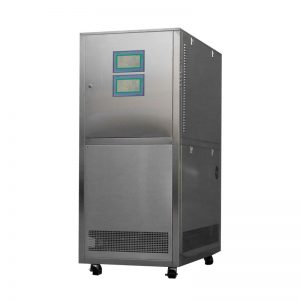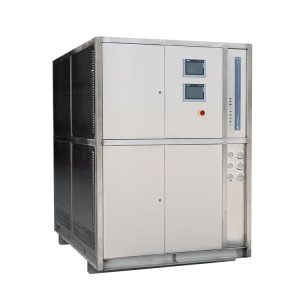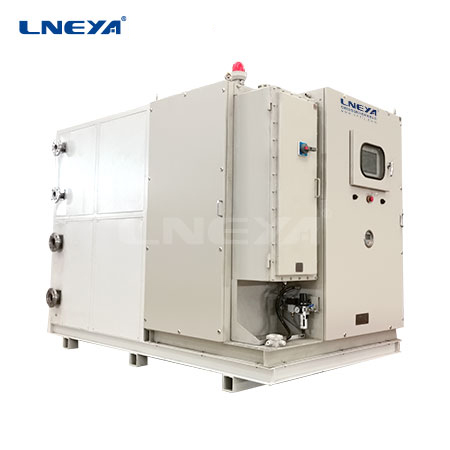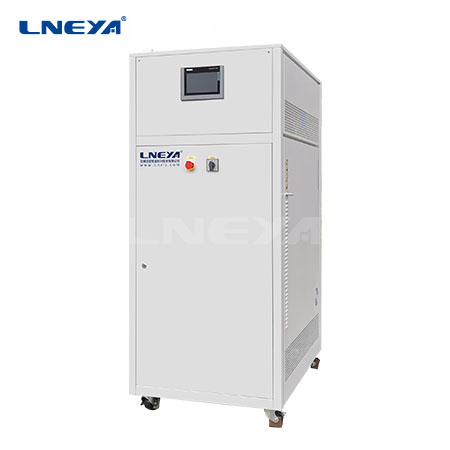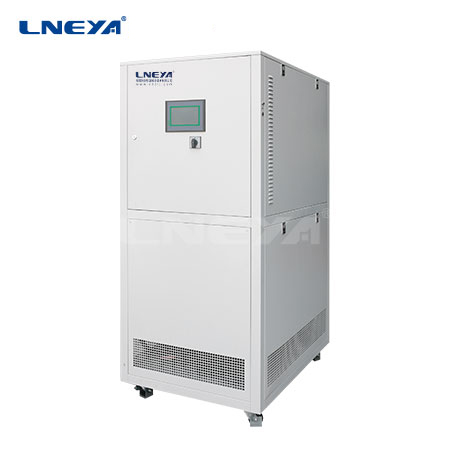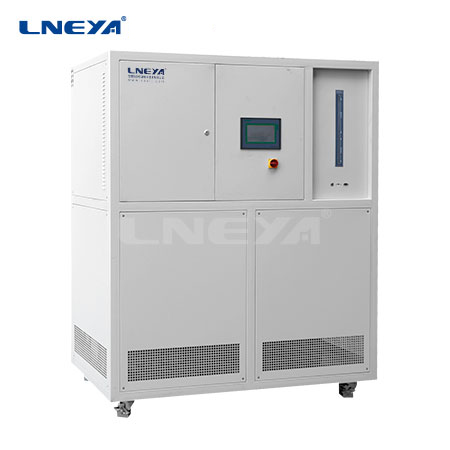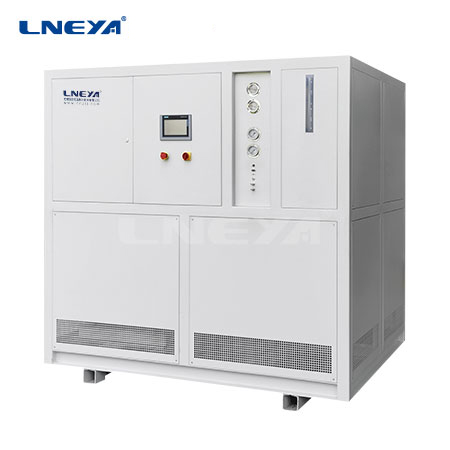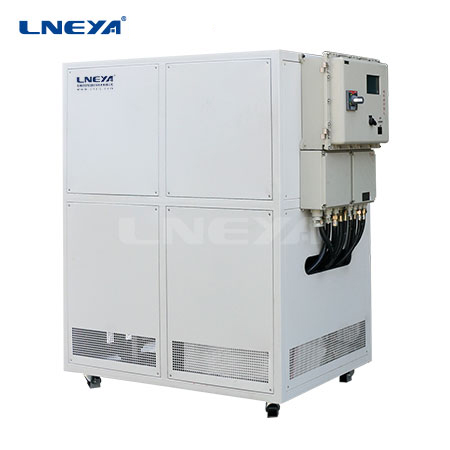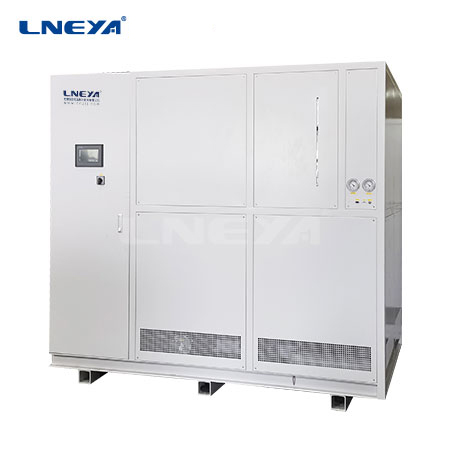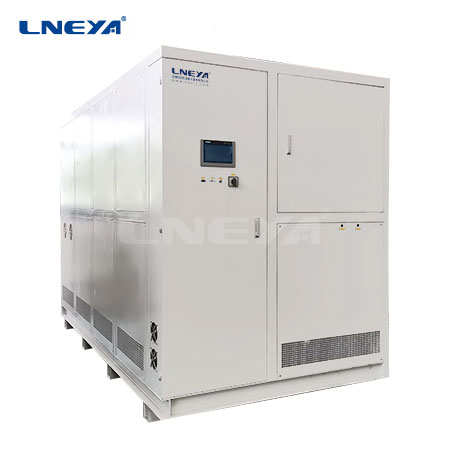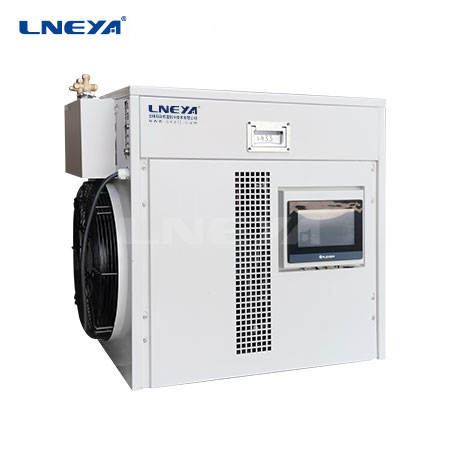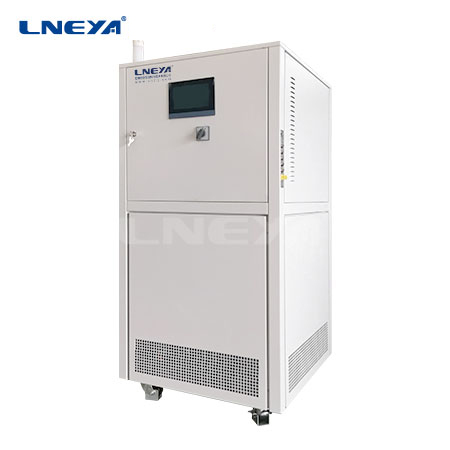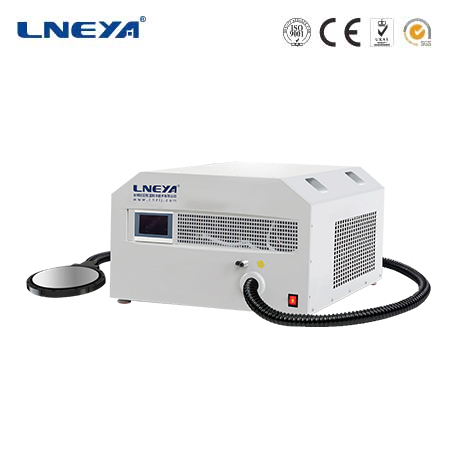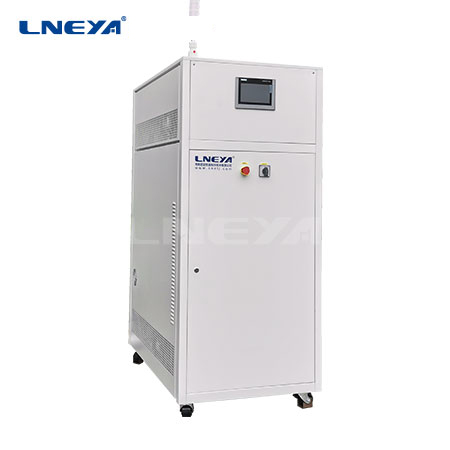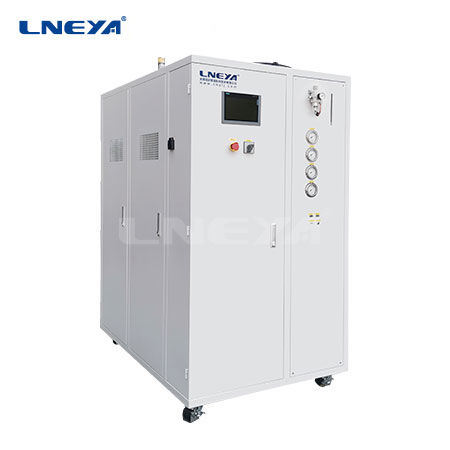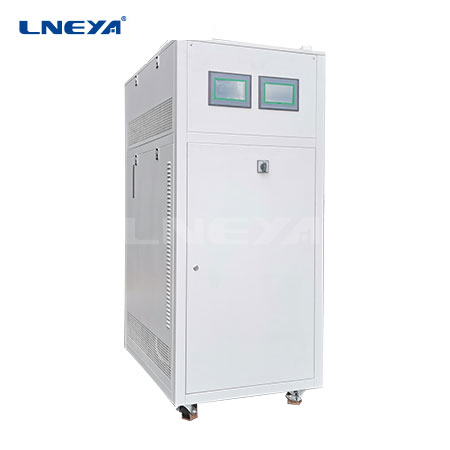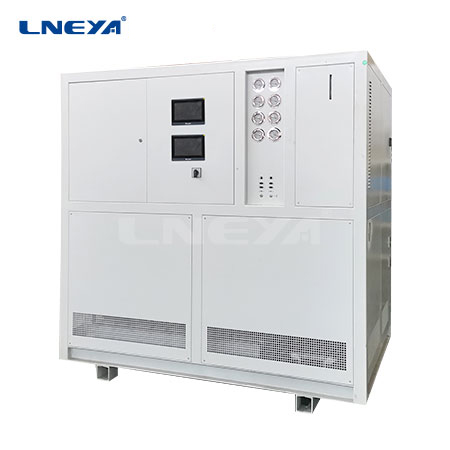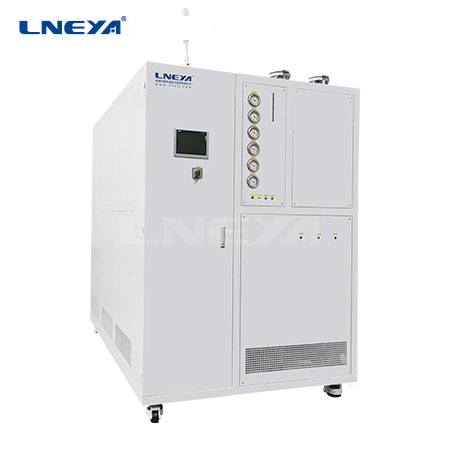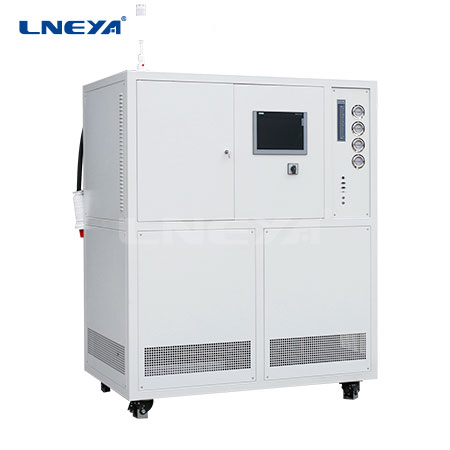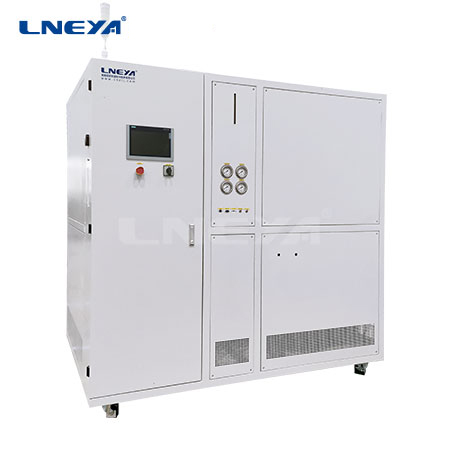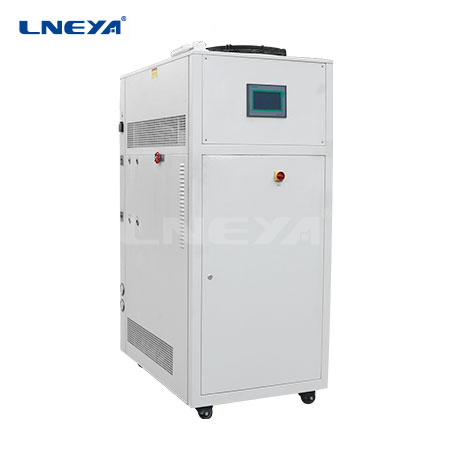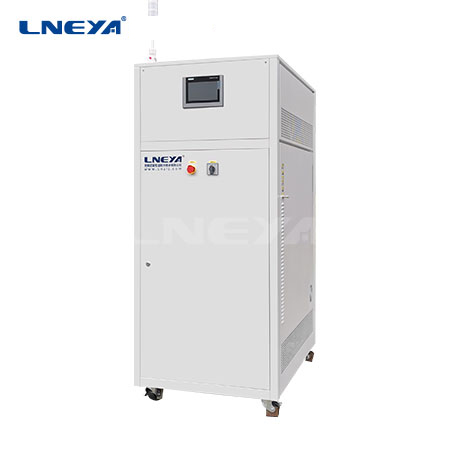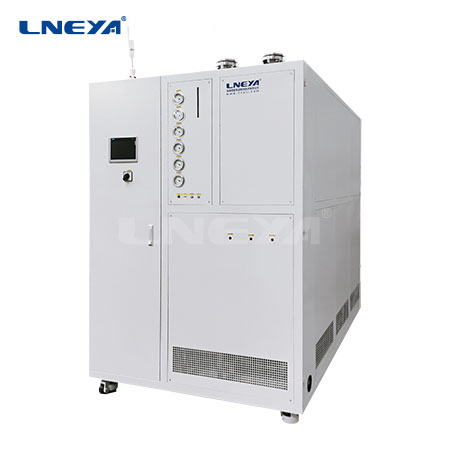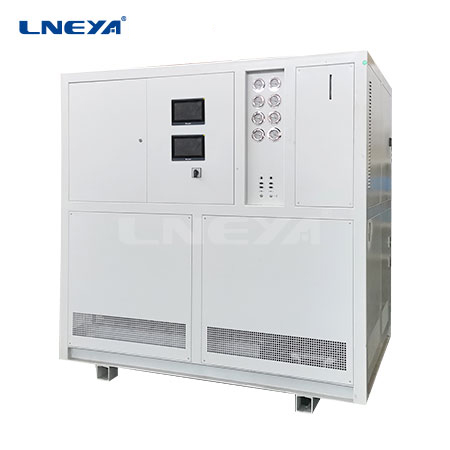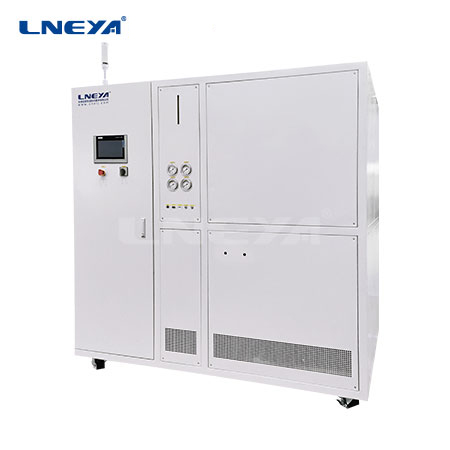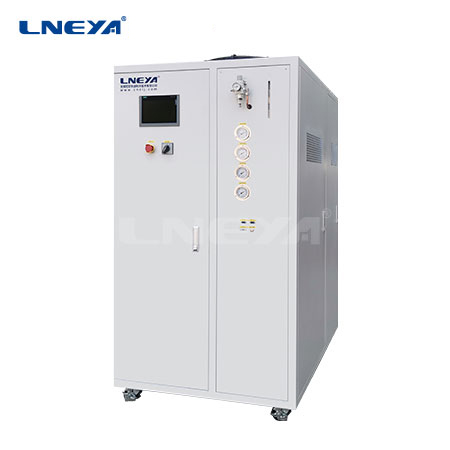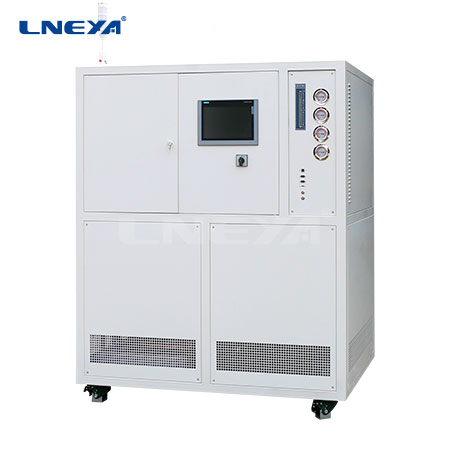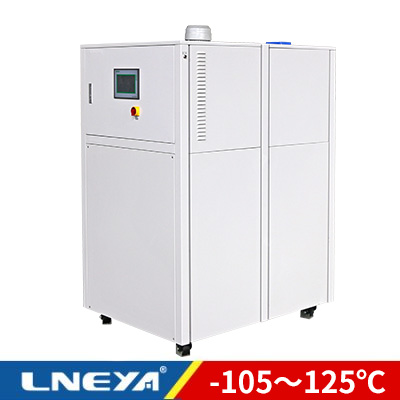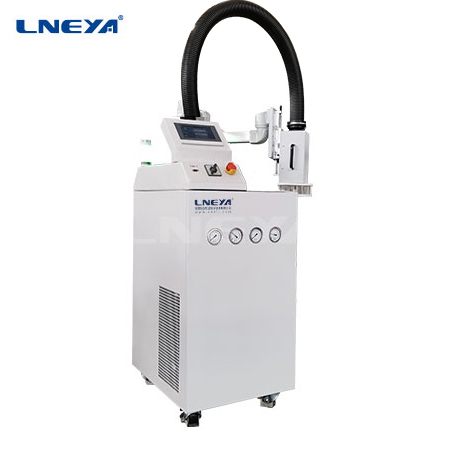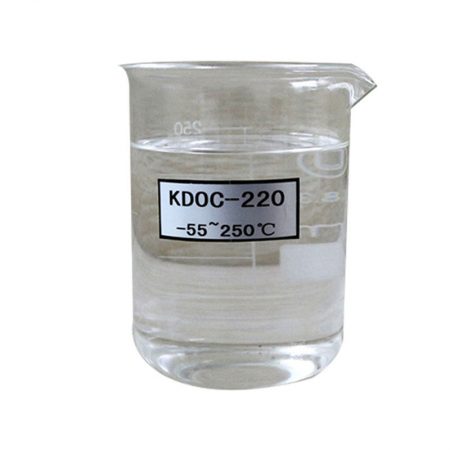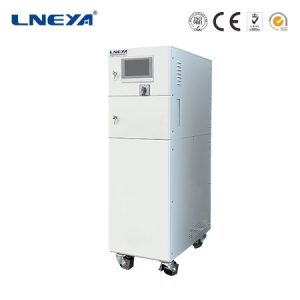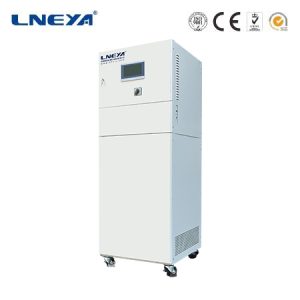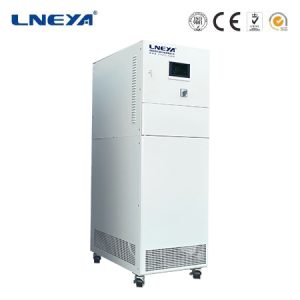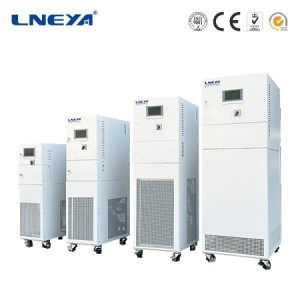Closed-Loop Water Chiller Systems: Efficient Cooling for Industrial and Commercial Applications
In many industrial and commercial settings, maintaining optimal temperatures is crucial for the efficiency and safety of processes and equipment. Closed-loop water chiller systems offer a reliable and sustainable solution for cooling needs. These systems operate by circulating a coolant within a sealed circuit, ensuring minimal water waste and reduced environmental impact. This article delves into the workings, benefits, and applications of closed-loop water chiller systems.
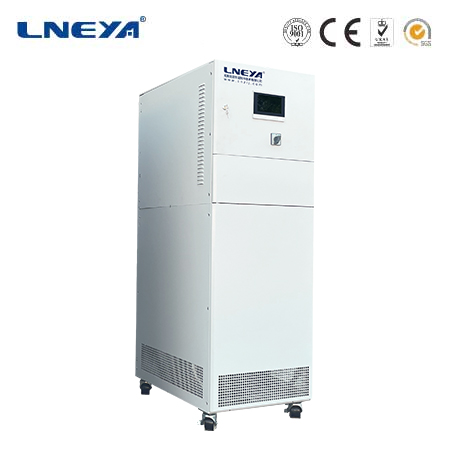
How Closed-Loop Water Chiller Systems Work
A closed-loop water chiller system functions on the principles of heat absorption and vapor compression. The system comprises several key components:
Compressor: This converts the refrigerant from a low-pressure, low-temperature state to a high-temperature, high-pressure gas state.
Condenser: The hot, high-pressure gas flows through coils where it encounters a flow of water or air, extracting heat from the refrigerant and causing it to condense back into a liquid.
Evaporator: The refrigerant transitions back into a gaseous state, becoming significantly colder and acting as a heat absorber. This phase is crucial as it involves the direct heat transfer from the fluid to the refrigerant.
Expansion Valve: This component controls the amount of refrigerant flowing between the condenser and the evaporator, dynamically adjusting the flow to meet the current cooling needs.
The coolant circulates within a closed loop, continuously moving through the system and undergoing cooling or heating processes before being reused. This closed system optimizes industrial processes while reducing water consumption and environmental impacts.

Benefits of Closed-Loop Water Chiller Systems
Closed-loop water chiller systems offer several advantages that make them suitable for a wide range of applications:
Energy Efficiency: These systems are highly efficient for process cooling as they operate independently of external temperatures. They can quickly lower temperatures in large industrial applications, leveraging the effective heat dissipation properties of water.
Reduced Water Usage: By recirculating the coolant, these systems drastically lower the need for constant replenishment, leading to significant resource and cost savings.
Lower Maintenance Requirements: The sealed nature of the system protects it from external contaminants, reducing the frequency and complexity of maintenance tasks.
Precise Temperature Maintenance: The closed circuit provides a controlled environment for exact temperature regulation, ensuring optimal conditions for sensitive processes and equipment.
Applications of Closed-Loop Water Chiller Systems
Closed-loop water chiller systems are used in various industrial and commercial applications where temperature control is crucial:

Comfort Cooling: In commercial buildings such as hotels, offices, and shopping malls, closed-loop chiller systems manage the temperature of HVAC systems to provide a comfortable environment for occupants.
Food Processing: In the food manufacturing industry, these systems control the temperature during processes like fermentation and storage in wineries, and cooling mixers and yeast tanks in bakeries.
Metal Finishing: For processes like electroplating, closed-loop chiller systems provide precise temperature control to manage the heat generated during metal bonding procedures.
Injection Molding: In the production of plastic parts, these systems maintain the mold at the ideal temperature, preventing issues like cracks and internal stresses in the final products.
In conclusion, closed-loop water chiller systems are an efficient and environmentally friendly solution for cooling in various industrial and commercial applications. Their ability to maintain precise temperatures, reduce water usage, and lower maintenance requirements makes them an attractive choice for facilities looking to optimize their cooling processes while minimizing their environmental footprint.
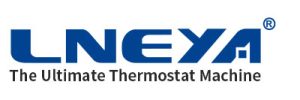 LNEYA
LNEYA
 简体中文
简体中文










